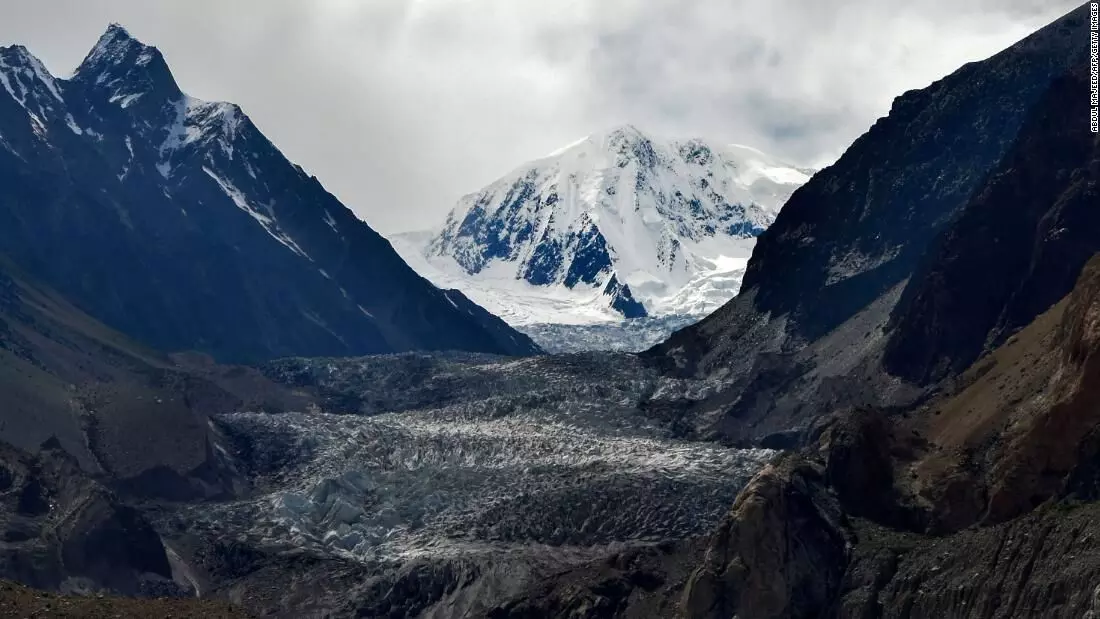
Melting Himalayan glaciers are making Pakistan's floods worse
text_fieldsMelting glaciers is one of the clearest, most visible signs of the climate crisis and one of its most direct consequences.
The unprecedented heat waves that swept the planet this summer are melting snow and ice not just in Europe's Alps but in the iconic Himalayan range, where the mountains shelter the largest reserve of frozen freshwater outside the North and South poles, as per a report by Bloomberg.
And the consequence of it is now being suffered by Pakistan which is facing the worst flooding in a decade.
The loss of Himalayan glaciers is being accelerated by global warming much faster than scientists previously thought.
Pakistan is responsible for less than 1% of the world's planet-warming gases, according to European Union data, yet it is the eighth most vulnerable nation to the climate crisis, according to the Global Climate Risk Index.
That vulnerability has been on display for months, with record monsoon rains and melting glaciers in the country's northern mountains triggering floods that have killed at least 1,191 people -- including 399 children -- since mid-June.
The glacial melt has added to severe monsoon rainfall driven by the warming Arabian Sea and the weather-warping effects of La Nina, creating what Pakistani officials have called a "climate catastrophe."
The Himalaya, Karakoram, and Hindu Kush mountain ranges contain almost 55,000 glaciers that feed river systems on which more than 1.3 billion people rely. More than 7,000 of those are in Pakistan itself, where melting ice and snow have formed thousands of high-altitude lakes prone to overflowing.
As per Bloomberg's report, India's record-smashing heatwave, Pakistan's floods, and accelerating glacial melt in the "rooftop of the world" could shift the tenor of climate negotiations at COP27, which is taking place in November in Egypt.
The crisis in Pakistan is already prompting calls for lenders to forgive the country's debt to help it cope. Even before the flood, the country was grappling with financial and political turmoil. It secured a $1.2 billion loan from the International Monetary Fund this week to avert an imminent default.
However, according to Finance Minister Miftah Ismail, the flood damage is worth upwards of $10 billion, equivalent to nearly 3% of the country's gross domestic product last year. Swirling waters have set back the economy, affecting millions of acres of farmland, including about 40% of the country's prized cotton crop in the worst-hit province of Sindh, according to Planning Minister Ahsan Iqbal.
According to Fahad Saeed, an Islamabad-based climate scientist with Climate Analytics, Pakistan, along with India and others, should make a case for loss and damages from these extreme weather events at COP27.
"The floods this year are a wake up call for everyone,'' said Saeed. "This is the effect that a 1.1 degree Celsius rise has brought upon us. The result is climate events that are beyond tolerable levels of low and medium-income nations.''
























